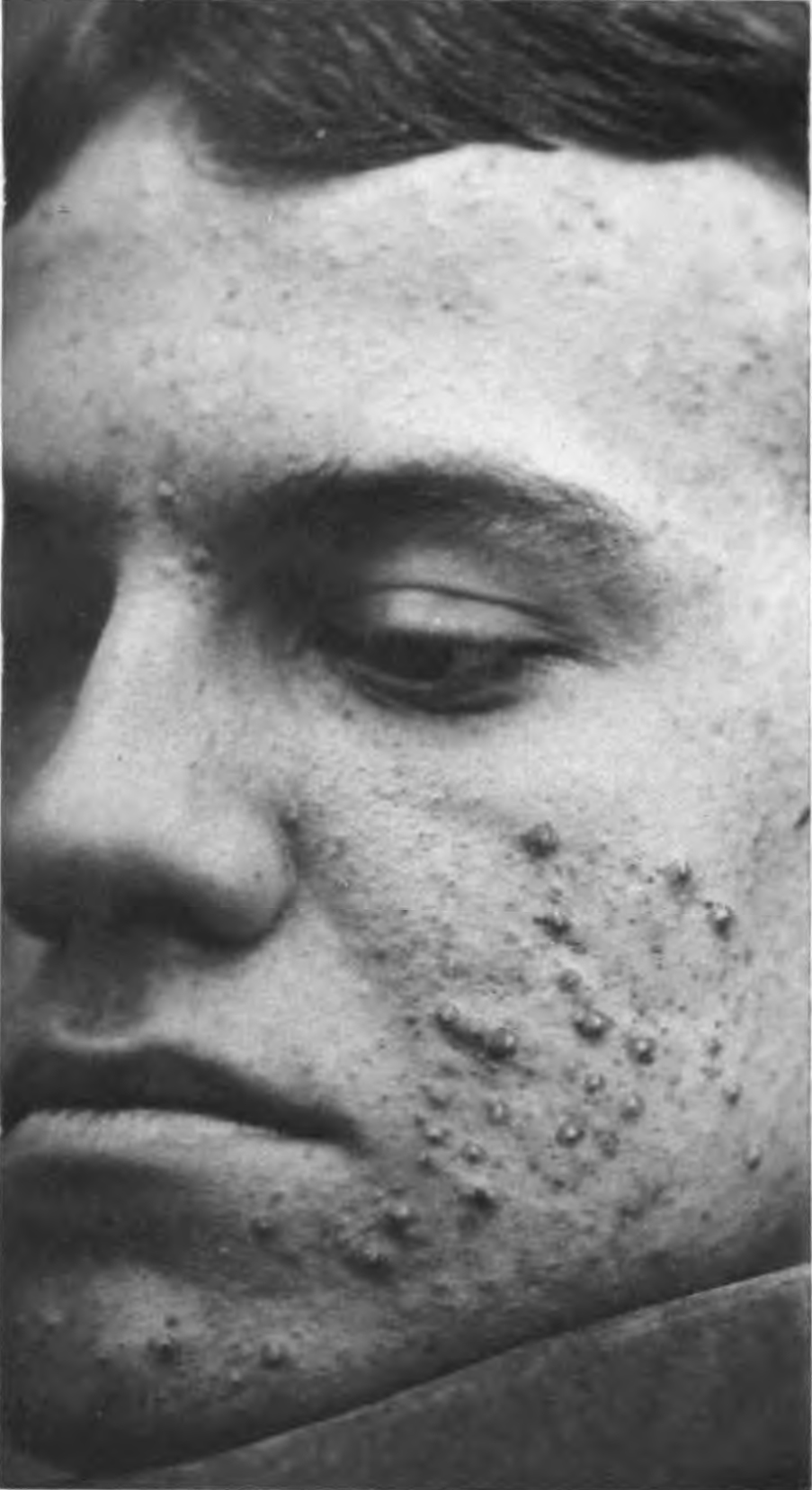
If you’ve ever had a pimple that was large, inflamed, and under the skin, you’ve dealt with cystic acne. Cystic acne is considered to be the most severe form of acne. Unlike typical whiteheads, cystic acne forms deep in the skin and rarely comes to the surface. These pimples can last for weeks and are often painful.
What Is Cystic Acne?
Cystic acne is severe inflammation in the skin that occurs deep in the pore. Like all types of acne, it is caused by a pore becoming blocked by oil and dead skin cells, which causes bacteria and fluids to accumulate in the pore. Cystic acne, however, causes inflammation due to its deep location. Cystic acne may also rupture the pore, causing even more inflammation. Because cystic acne forms below the surface of the skin and rarely comes to a head, it’s especially important to not try to pop these pimples. Doing so can result in the infection spreading, increased inflammation, and scarring.
Causes of Cystic Acne
According to the American Academy of Dermatology, cystic acne most frequently occurs in teenagers and young adult men or women in their 20s and 30s. The causes can vary, but cystic acne is often associated with androgen hormones increasing oil production in the skin. Women frequently have cystic acne due to changing hormones, and hormone-related acne most often occurs on the lower cheeks, chin, and jawline. Genetics may also play a role in the development of acne.
Why Is Cystic Acne so Painful?
Simply put, cystic acne causes pain due to the pimple’s size, depth, and inflammation. Because they’re so deep in the skin, they’re closer to nerve endings, so high amounts of inflammation may be especially painful in certain areas.
Treatments for Cystic Acne
Unlike surface pimples, cystic acne may not respond to topical treatments. If you have recurring or painful pimples, schedule an appointment with a dermatologist. At The Dermatology Clinic, we may treat acne with prescription topical treatments, oral medications such as antibiotics or isotretinoin, as well as cosmetic treatments such as chemical peels and photodynamic light therapy.
If you’re suffering from cystic acne, schedule an appointment at The Dermatology Clinic. We will treat the current breakout, work with you to determine the possible causes, and work to develop a treatment plan that minimizes future recurrence. Contact us today for treatment at one of our three clinics in the Baton Rouge area.
